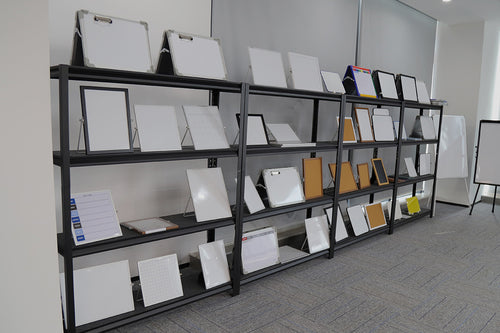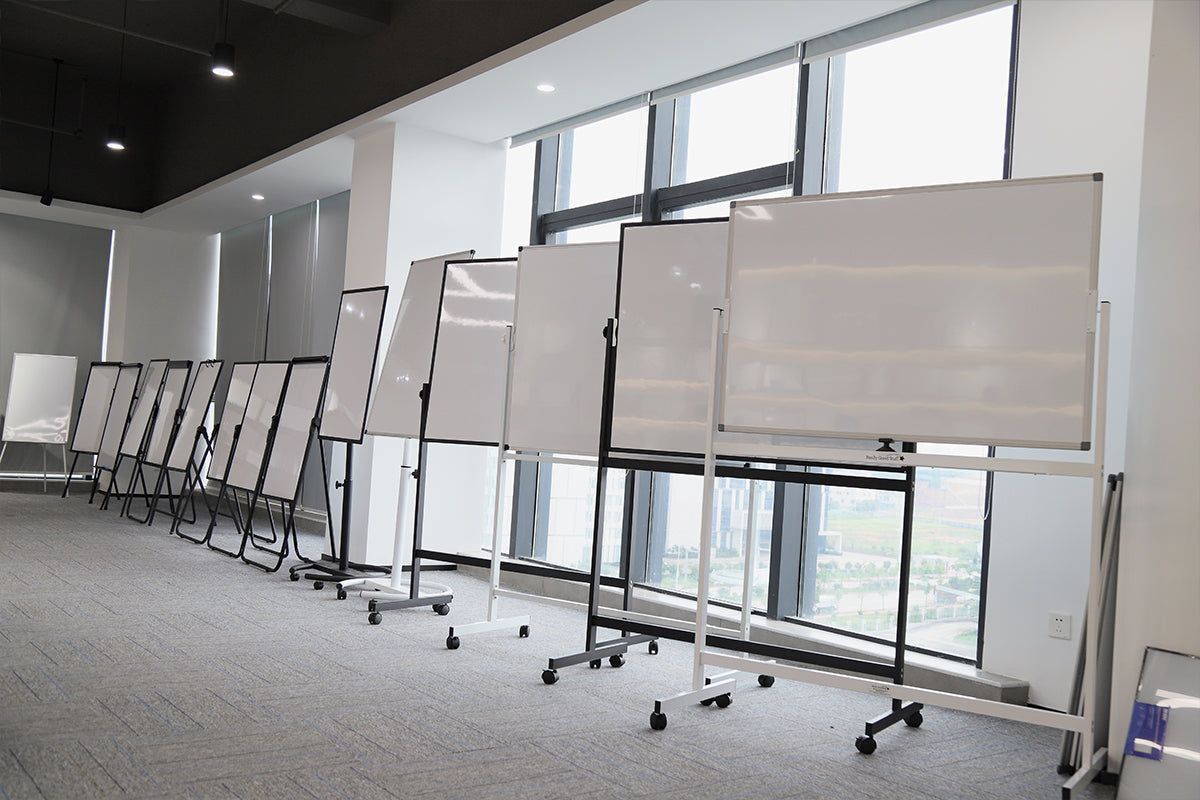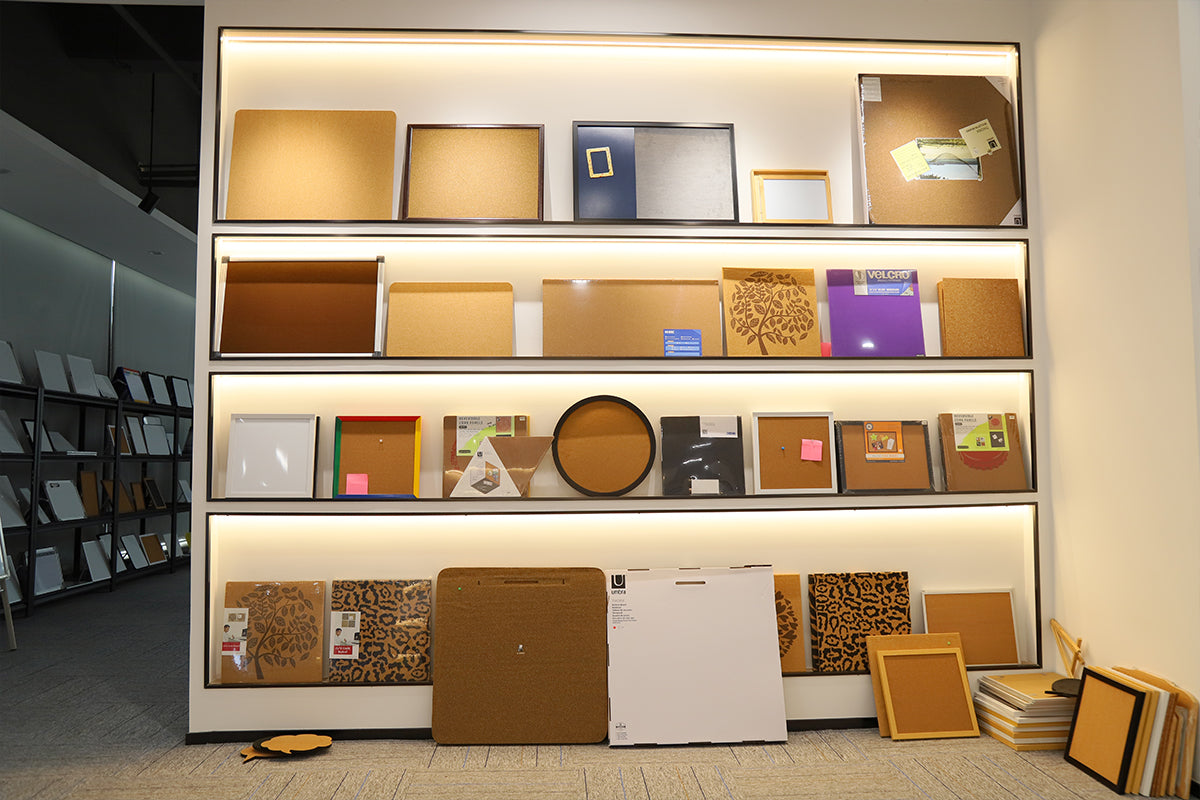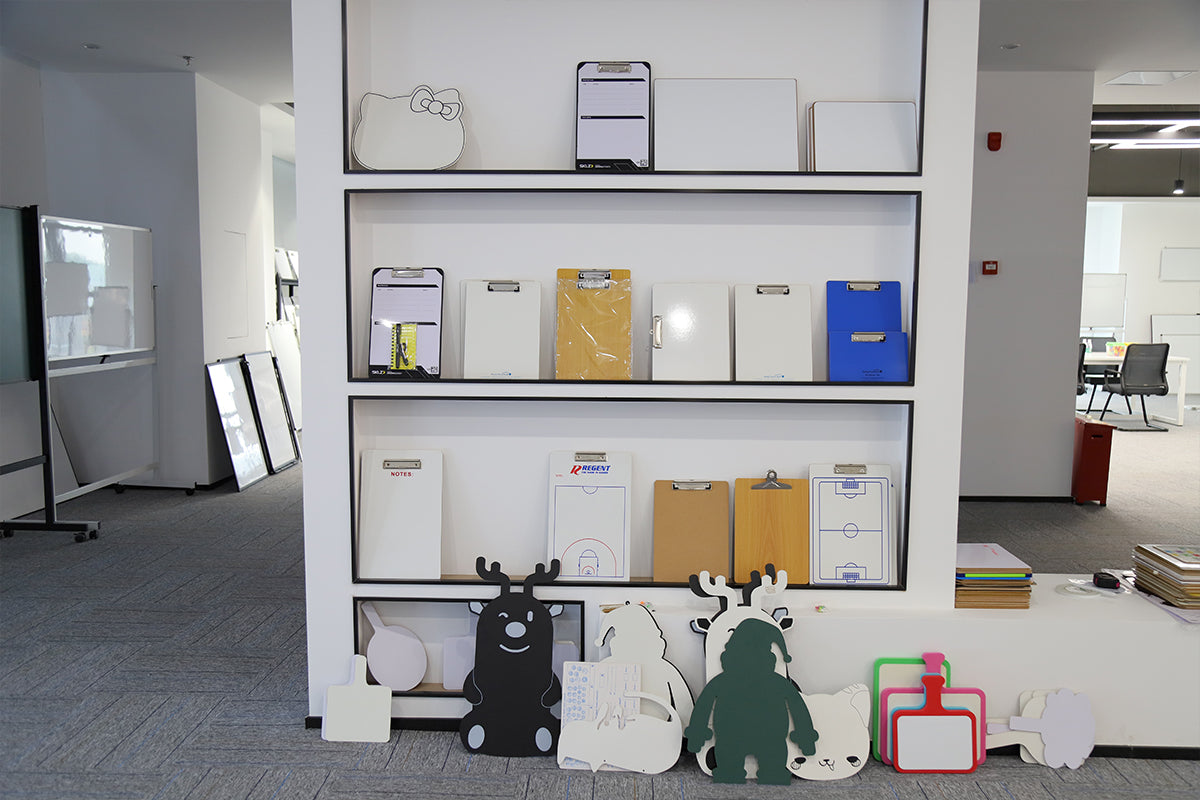Why do many schools use small whiteboards for interaction?
Why do many schools use small whiteboards for interaction?
There are several reasons why many schools use small whiteboards for interaction: 1. Enhance interactivity: Small Interactive whiteboards allow students and teachers to engage in real-time interaction. Students can write, draw, annotate, etc. on the whiteboard, and teachers can respond to students' questions and present teaching materials instantly. This kind of interaction can increase students' engagement and learning motivation.
1. Enhance interactivity: Small Interactive whiteboards allow students and teachers to engage in real-time interaction. Students can write, draw, annotate, etc. on the whiteboard, and teachers can respond to students' questions and present teaching materials instantly. This kind of interaction can increase students' engagement and learning motivation.
2. Improve teaching effectiveness: Small Interactive whiteboards can help teachers present teaching materials more intuitively, such as drawing charts, diagrams, problem-solving processes, etc. This can help students understand and grasp the knowledge more clearly, thus improving learning effectiveness.
3. Increase teaching flexibility: Small Interactive whiteboards can be easily erased and modified, allowing teachers to make real-time adjustments and improvements to teaching materials based on students' feedback and needs. This flexibility can make teaching more personalized and targeted, meeting the learning needs of different students.
In summary, interactive whiteboards, as an interactive tool, can enhance students' engagement and learning effectiveness, increase teaching flexibility, and facilitate the saving and sharing of teaching content. Therefore, they are widely used in school teaching.
There are several reasons why many schools use small whiteboards for interaction:

2. Improve teaching effectiveness: Small Interactive whiteboards can help teachers present teaching materials more intuitively, such as drawing charts, diagrams, problem-solving processes, etc. This can help students understand and grasp the knowledge more clearly, thus improving learning effectiveness.
3. Increase teaching flexibility: Small Interactive whiteboards can be easily erased and modified, allowing teachers to make real-time adjustments and improvements to teaching materials based on students' feedback and needs. This flexibility can make teaching more personalized and targeted, meeting the learning needs of different students.
In summary, interactive whiteboards, as an interactive tool, can enhance students' engagement and learning effectiveness, increase teaching flexibility, and facilitate the saving and sharing of teaching content. Therefore, they are widely used in school teaching.










